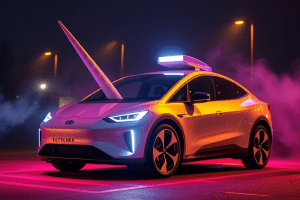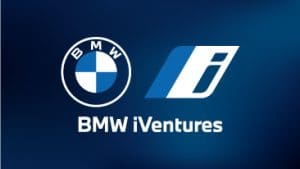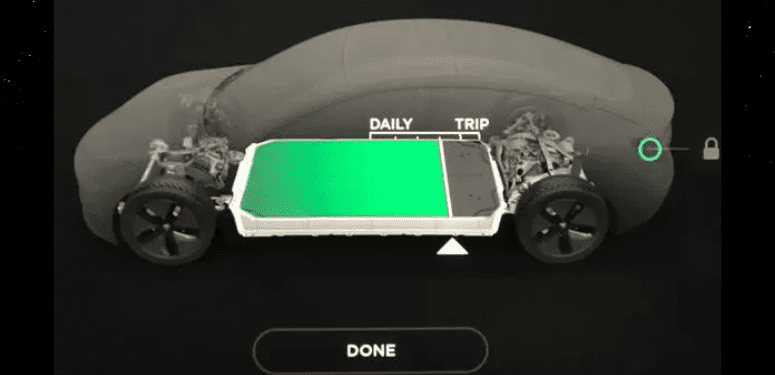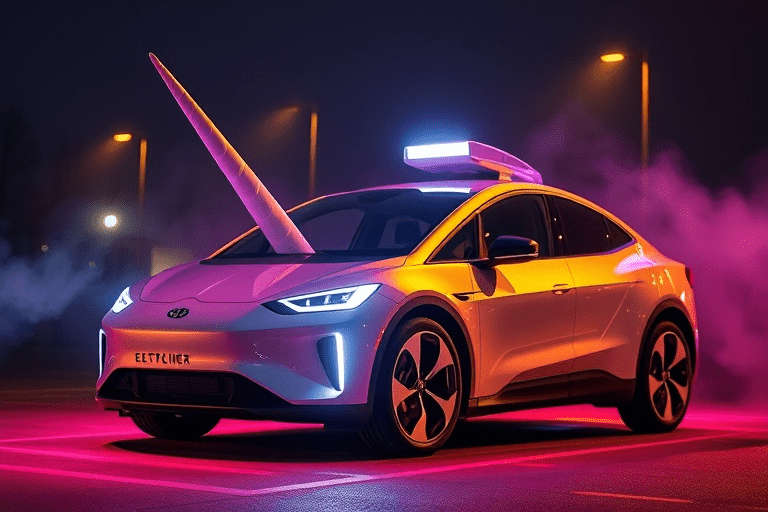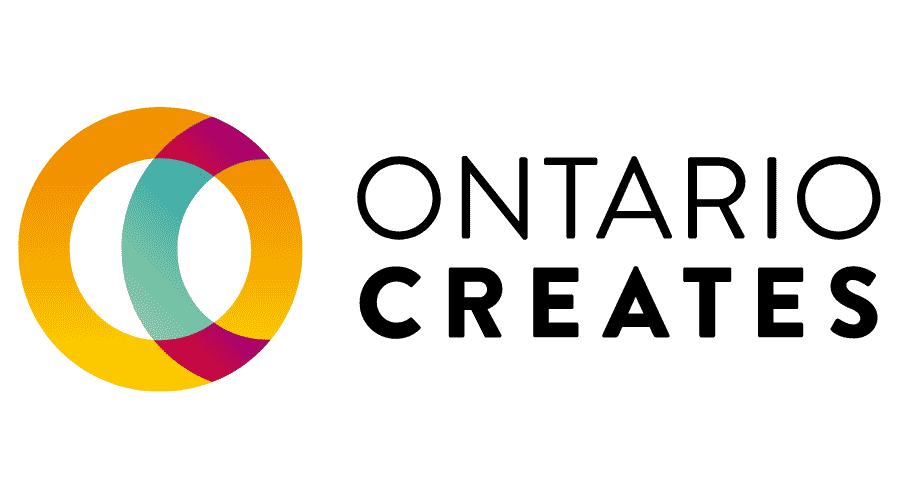Toronto, Ontario — A B.C. trades school is preparing to build a $290 million EV “innovation centre”, Edmonton’s airport elects to harness hydrogen and Nissan becomes the first Japanese OEM to embrace the NACS charging port. This is the latest in electric and autonomous vehicles.
Electric vehicle epicentre
Vancouver Community College (VCC) is quickly becoming a hub for EV training in Canada, as the B.C. government announced a significant investment into the school last week that will see the construction of a new EV “innovation centre”.
The province says this new facility will be able to support up to 1,400 students a year with the latest training in electric, hydrogen fuel cell, plug-in and autonomous vehicles, according to the press release.
All but $20 million of the centre’s $291.3 million price tag will be footed by the government, as well, and the construction itself is expected to create 1,407 direct and 672 indirect jobs.
The centre is expected to become fully operational in time for the 2027 fall semester.
Getting a YEG-up on hydrogen
Alberta’s capital airport is going all in on hydrogen mobility, announcing the purchase of 100 hydrogen fuel cell-powered Toyota Mirai vehicles in the pursuit of meeting future emissions targets.
The Edmonton International Airport (YEG) will be driving down the path to net-zero by 2040 in a hydrogen-powered Mirai, it seems, and while YEG nor Toyota has detailed in what capacity the vehicles will be used, airport officials indicate plans for a larger hydrogen fuel infrastructure on YEG grounds.
“This is a monumental day for the Edmonton Metro Region. YEG is proud to bring together companies from around the world to form partnerships, test new technologies and showcase the power of emissions-free hydrogen fuels,” said YEG president and CEO Myron Keehn.
“These vehicles and our partnership with Toyota Canada will help reduce emissions, attract investment and kick-start the Edmonton Metro Region’s 5 000 Vehicle Challenge, which aims to have 5,000 hydrogen and hydrogen dual-fuel vehicles on the road in Alberta by 2028. The future is here, and it’s being developed at YEG.”
Nissan nets NACS
Nissan has become the latest automaker to jump on board with the North American Charging Standard (NACS); an especially bold move for a company based in Asia.
Unsurprisingly, Nissan is also the first Japanese automaker to join the NACS camp, though Korea’s Hyundai is reportedly also considering making the switch to the Tesla-favoured plug.
Nissan says it will make NACS adaptors available for its Ariya vehicles starting in 2024, and by 2025 will build North American models standard with a NACS port, allowing drivers to make use of Tesla’s Supercharger network.
The post EV/AV Report: Innovative education and a hydrogen-powered airport appeared first on Collision Repair Magazine.




